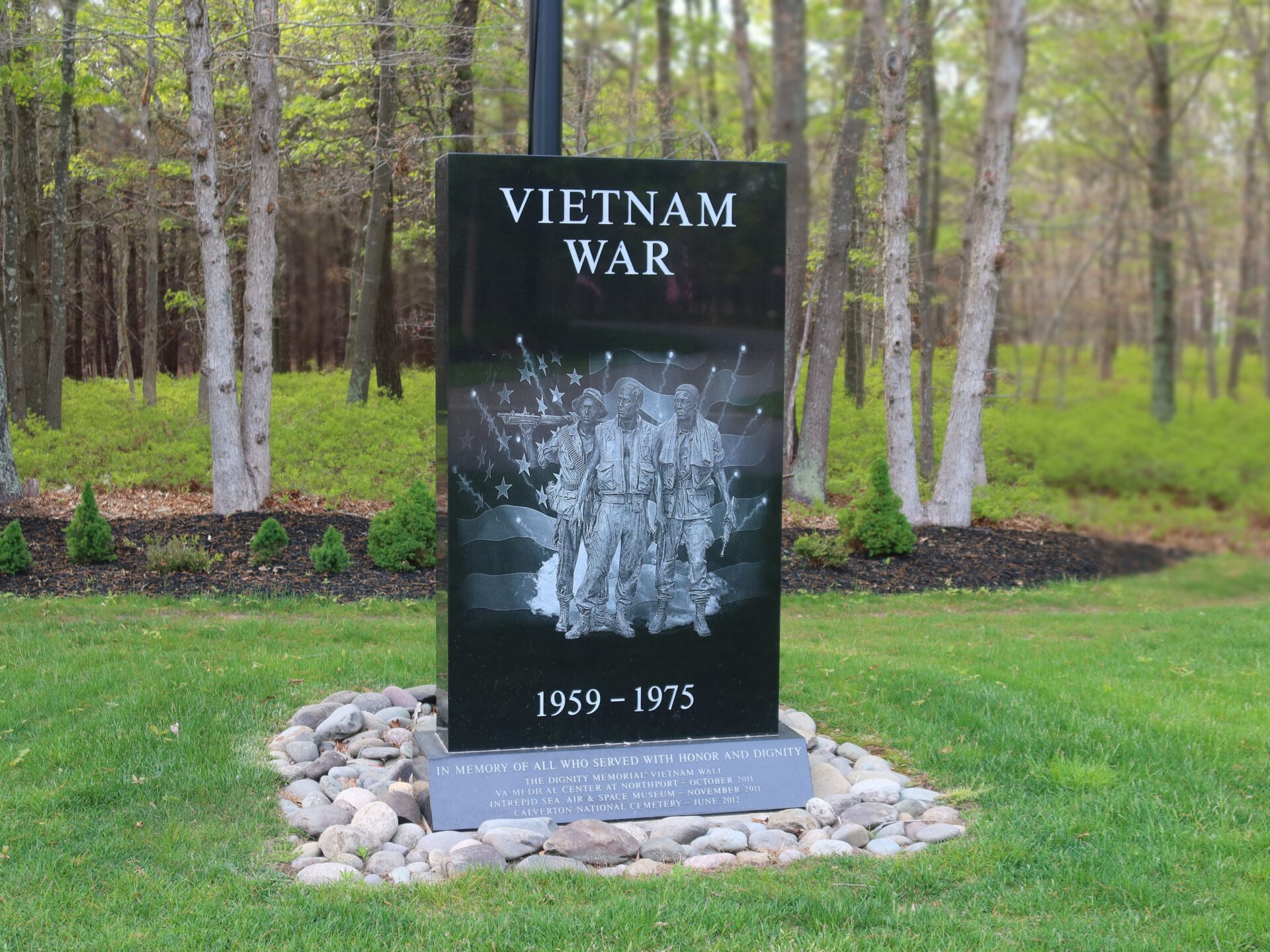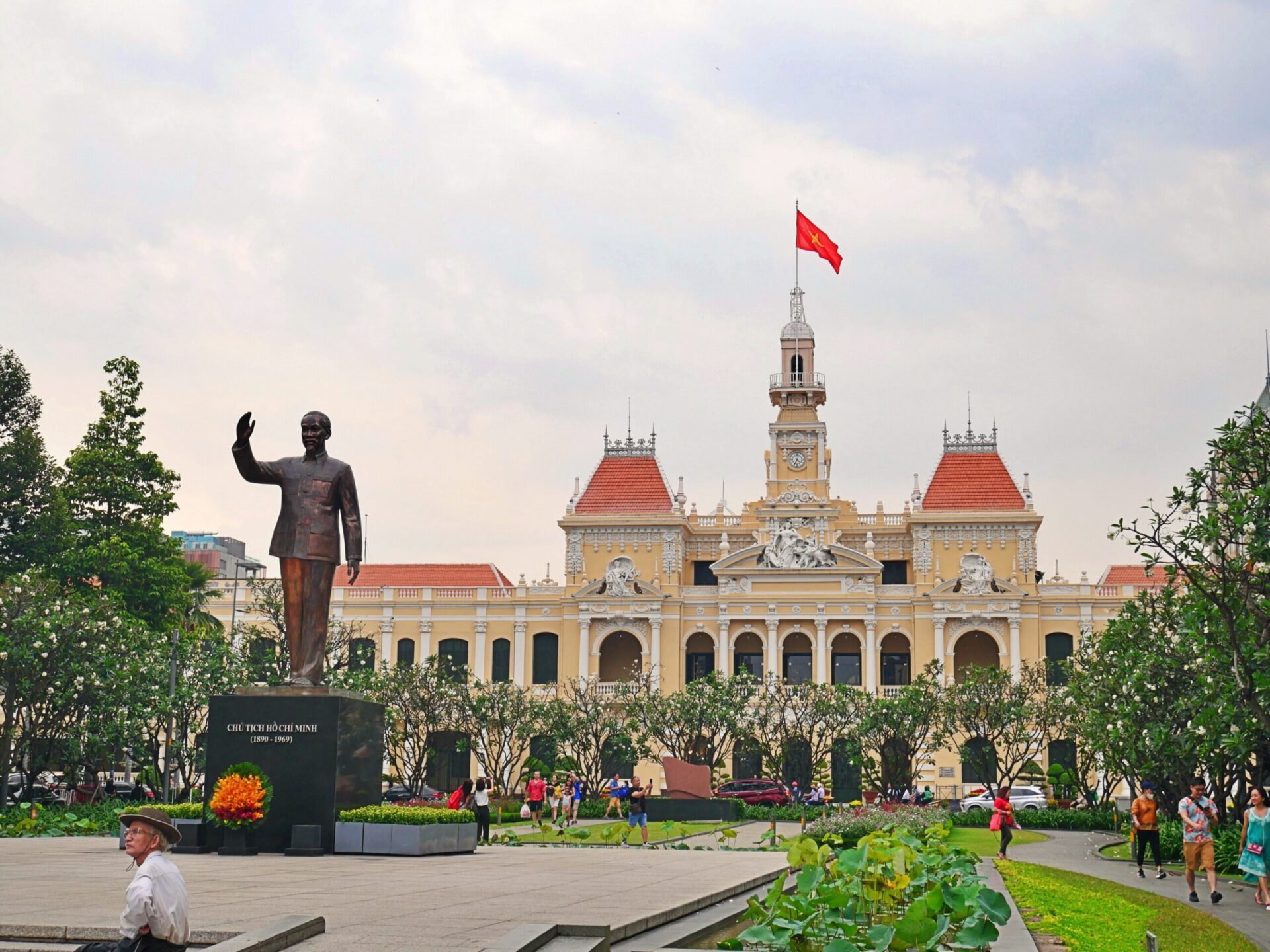The Vietnam War: Historical Background and Its Impact

The Vietnam War stands as one of the significant events of the 20th century, impacting not only Vietnam’s history but also the global political stage. This article delves deeply into the backdrop of the war, its pivotal moments, and the subsequent effects it left behind.
目次
1. Causes and Background of the War
The Vietnam War is known as one of the proxy wars that erupted amid the East-West tensions of the Cold War era. Following the 1954 Geneva Accords, which divided Vietnam into North Vietnam (communist) and South Vietnam (anti-communist), tensions intensified between the two regions. The situation escalated in the 1960s when the United States intervened to support South Vietnam, leading to a full-blown conflict. While North Vietnam received support from the USSR and China, South Vietnam was backed by the U.S. and other Western countries.
2. Major Events and Turning Points
The Vietnam War saw numerous critical battles and moments. Notably, the Tet Offensive in 1968 stands out as a turning point in the war. During this offensive, North Vietnam and the Viet Cong (communist guerrillas from South Vietnam) simultaneously attacked major cities in the South. This led to increasing anti-war sentiments in the U.S. By 1973, the U.S. and North Vietnam signed the Paris Peace Accords, determining the withdrawal of American troops from Vietnam.
3. International Involvement during the Vietnam War
The Vietnam War witnessed extensive international involvement. Leading the support for South Vietnam was the U.S., joined by nations like Australia and South Korea. On the other hand, North Vietnam enjoyed military and economic backing from the Soviet Union and China. This war, unfolding amidst the Cold War, accentuated international tensions, serving as a playground for the power dynamics of major nations.

4. Impact on Vietnamese Society
The war deeply scarred Vietnamese society. Many civilians lost their lives, and the economy suffered major setbacks. Additionally, psychological traumas from the war and health problems arising from the use of the herbicide Agent Orange became significant concerns. Post-war, Vietnam embarked on a journey of recovery, working diligently to rebuild its economy and society.
5. Post-war Vietnam and its Revival
The fall of Saigon in 1975 marked the conclusion of the Vietnam War, with Vietnam commencing its journey as a unified nation. Post-war Vietnam prioritized economic reconstruction, and by the 1990s, initiated an economic reform known as “Doi Moi.” As a result, the Vietnamese economy experienced robust growth, establishing its position in the international community.
6. Conclusion
Though the Vietnam War left deep scars in the nation’s history, the subsequent recovery and growth have been remarkable, symbolizing the resilience and determination of the Vietnamese people. Understanding this war provides deeper insights into present-day Vietnam and offers a perspective on its future trajectory.
(Photo by Unsplash.com)



